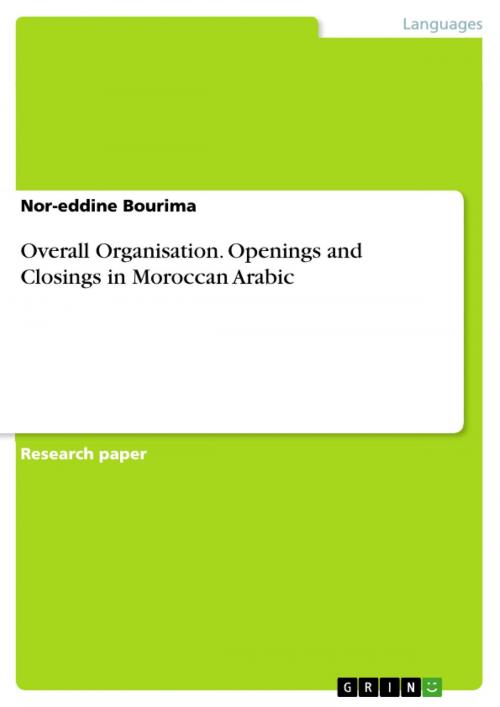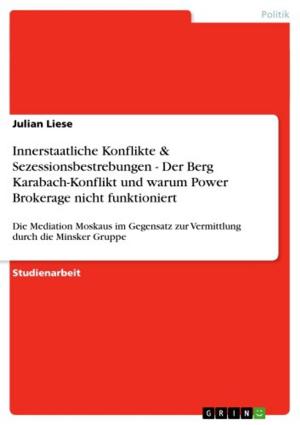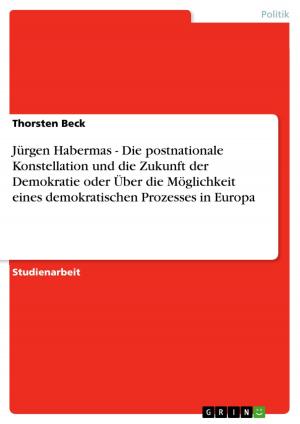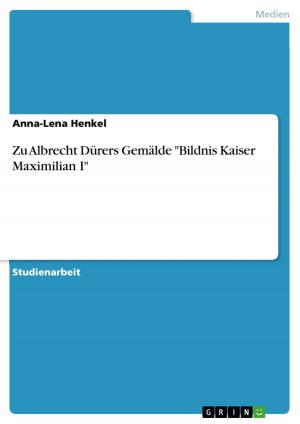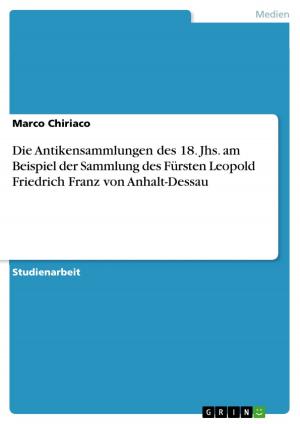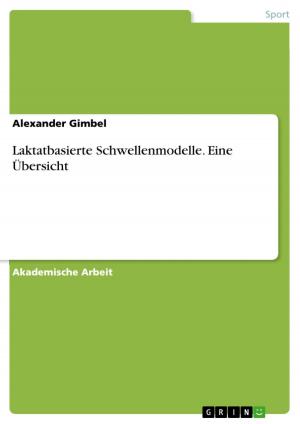Overall Organisation. Openings and Closings in Moroccan Arabic
Nonfiction, Reference & Language, Language Arts, Linguistics| Author: | Nor-eddine Bourima | ISBN: | 9783656986225 |
| Publisher: | GRIN Verlag | Publication: | July 28, 2016 |
| Imprint: | GRIN Verlag | Language: | English |
| Author: | Nor-eddine Bourima |
| ISBN: | 9783656986225 |
| Publisher: | GRIN Verlag |
| Publication: | July 28, 2016 |
| Imprint: | GRIN Verlag |
| Language: | English |
Research Paper (undergraduate) from the year 2014 in the subject Speech Science / Linguistics, , language: English, abstract: An overall structural organisation characterizes conversation as an activity constituted by sub-parts, such as the 'beginning section' (where both greeting and non-topical talk), the 'topical section' and the 'closing section', together with strategies for moving from one to the next (Ferrara (1980: 327-328)); that is already a structural claim. Accordingly, a description of some aspects of the structural organisation of conversations in Moroccan Arabic (hence MA) will be given with a special focus mainly on the 'opening section' and the 'closing section'. A priori, MA conversational structure is characterized in the 'opening' and 'closing' sections by being differently structured on linguistic as well cultural dimensions. It is worthy note that Moroccan Arabic is considered as a variety historically related to classical Arabic, as well as a variety which denotes instances of a bilingual phenomenon (Bentahilla 1983). The aim to sketch over this point is to draw attention to the importance of their manifestation in both 'opening' and 'closing' sections in Moroccan Arabic conversational structure.
Nor eddine Bourima has a Licence in English Language and Literature (Sidi mohammed ben Abdellah University, Fes), an MA and a PhD in Liguistics and Discourse Analysis (Sidi Mohammed ben Abdellah University, Fes, Morocco). He teaches English Language and Linguistics and Translation Studies at the University of Sultan Moulay Slimane, Beni Mellal, Morocco). He is coordinator of The research Team on Audio-Visual Translation and Vice-Director of The Interdisciplinary Diversity & Development Research Laboratory (IDDRL). His current research interests include Ethnomethodological Conversation Analysis, Sociology of Language, Discourse and Translation Studies, and Performance Studies.
Research Paper (undergraduate) from the year 2014 in the subject Speech Science / Linguistics, , language: English, abstract: An overall structural organisation characterizes conversation as an activity constituted by sub-parts, such as the 'beginning section' (where both greeting and non-topical talk), the 'topical section' and the 'closing section', together with strategies for moving from one to the next (Ferrara (1980: 327-328)); that is already a structural claim. Accordingly, a description of some aspects of the structural organisation of conversations in Moroccan Arabic (hence MA) will be given with a special focus mainly on the 'opening section' and the 'closing section'. A priori, MA conversational structure is characterized in the 'opening' and 'closing' sections by being differently structured on linguistic as well cultural dimensions. It is worthy note that Moroccan Arabic is considered as a variety historically related to classical Arabic, as well as a variety which denotes instances of a bilingual phenomenon (Bentahilla 1983). The aim to sketch over this point is to draw attention to the importance of their manifestation in both 'opening' and 'closing' sections in Moroccan Arabic conversational structure.
Nor eddine Bourima has a Licence in English Language and Literature (Sidi mohammed ben Abdellah University, Fes), an MA and a PhD in Liguistics and Discourse Analysis (Sidi Mohammed ben Abdellah University, Fes, Morocco). He teaches English Language and Linguistics and Translation Studies at the University of Sultan Moulay Slimane, Beni Mellal, Morocco). He is coordinator of The research Team on Audio-Visual Translation and Vice-Director of The Interdisciplinary Diversity & Development Research Laboratory (IDDRL). His current research interests include Ethnomethodological Conversation Analysis, Sociology of Language, Discourse and Translation Studies, and Performance Studies.
